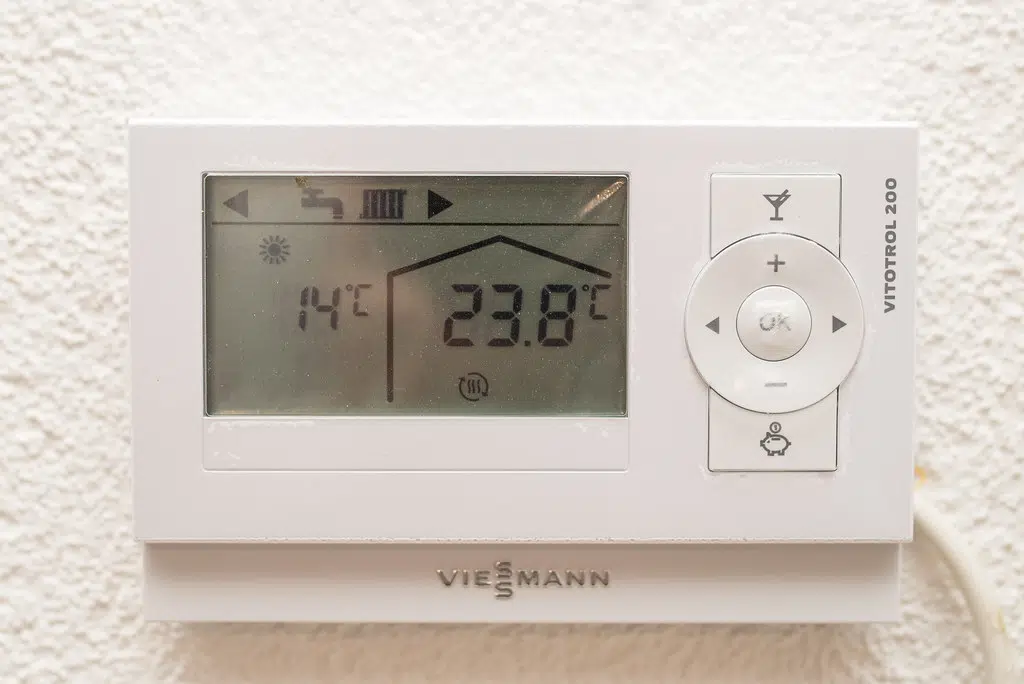Nearly half of Nova Scotians struggle to pay their power bills, according to a report commissioned by an energy advocacy group.
The Nova Scotia Poverty Task Force wants the province to adopt a program to reduce energy costs by 50 per cent for low-income households and to help people pay their bills.
Brian Gifford, chair of the task force, says the goal is to help people afford electric alternatives because, as the climate changes, these alternatives are more and more important.
“We need to make sure that nobody is left behind,” he says.
If people can switch to greener electric energy, then they’ll save more money in the future, he says, and nearly half of households in the province deal with energy poverty, meaning they have low or moderate incomes and spend more than 6 percent of their income after taxes on energy.
The report was written by Roger D. Colton of Fisher, Sheehan and Colton, a Massachusetts-based firm. He’s previously created energy rebate programs in both the United States and Canada. The task force was launched with help from 13 different organizations, including multiple government departments and Nova Scotia Power, but they didn’t help put the report together.
Rising energy costs
In general, the prices of fossil fuels, like coal and oil, are going up, says Gifford, which is why energy prices are also rising.
Home heating fuel prices were relatively steady between 2017 and October 2021, but then prices shot up, and as of October 2023, oil heating prices were 70 per cent higher than the January 2018 price, the report says. In Nova Scotia, more than many other places, a lot of households still use oil heating, says Gifford.
In April 2023, the report says the price of electricity increased by more than it had in the last six years combined.
In general, Colton writes that energy prices are increasing faster than the average incomes of Nova Scotians.
“When energy burdens become this unaffordable, the problem transcends energy. Unaffordable home energy becomes a housing affordability problem, a public health problem, a food insecurity problem, even a public education problem,” writes Colton in the report.
Good low-income energy programs
Nova Scotia has multiple programs to help with energy costs.
The HomeWarming program offers free upgrades to heat pumps, saving people $860 a year compared to homes with traditional electric heating and $1700 a year compared to people with non-electrically heated homes, like oil.
The Home Energy Assistance Top Up provides some emergency assistance, but it’s only available once every two years and is sometimes repayable, the report says.
The Affordable Multifamily Housing program gives funding to buildings with low-income tenants.
The reports says these programs have already significantly helped, but the province needs more to reduce energy poverty.
Proposing sweeping discounts
Colton says his proposed Universal Service program would have four main parts.
The first part, focused on bill affordability, suggests bills be reduced by 50 per cent for low-income households.
To do that, household energy bills would be reduced by 50 per cent on average.
In his plan, the government would fund these discounts.
The program would cost:
- $16,901 if 20 per cent of households participate
- $29,811,600 if 45 per cent of households participate
- $46,300,800 if 70 per cent of households participate
The second part is debt forgiveness. If a customer stays on with Nova Scotia Power, they should get credits toward debt forgiveness. The longer they stay on, the more credits they would get, Colton says, until eventually their debt is reduced to $0.
The third part is a crisis intervention fund. The funding would not be tied to the household income and instead give households money in emergencies.
The fourth part would expand energy efficiency and electrification supports of low- and moderate-income households. This would help reduce their bills by making power consumption more efficient.
Gifford hopes the province ultimately implements most of what the group suggests, and he says he’s optimistic.
“It is [an expensive program, but in the context of other money that is being spent by the government already to help people with their energy bills, it isn’t as expensive as you might think,” he says.






